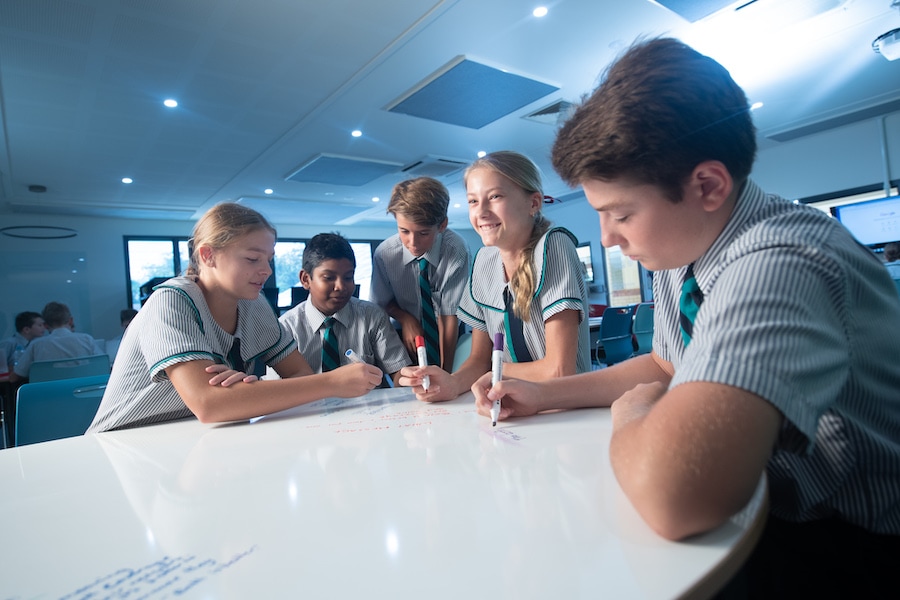There is a certain complexity that arises in defining ‘curriculum’. Though its Latin roots propose it to be - essentially - a ‘plan for learning’, I see it as the entire learning process, informed greatly by teaching and assessment.
Flinders has always held a strong reputation for academic excellence and quality curriculum delivery, as evidenced by both internal and external results and performances. And yet, whilst a curriculum must build upon the foundations of the best from the past, it must also be oriented towards the future. We have a responsibility to ensure the manner in which we organise learning is under review, so that we, and those students in our charge, may reap the potential benefits of new knowledge and processes. A curriculum must be dynamic.
Whilst change is essential - the new senior assessment and tertiary entrance system an instance of this - some distinction should be made between ‘change’ and ‘innovation’. Change is usually concerned with improving the means of achieving established goals. Innovation, on the other hand, requires the formulation of new goals and directions. Of course, in a curriculum context, both must run together, and it is in these spaces that Flinders seeks to experience further success.
Underpinning the Learning and Achieving pillar of the College’s Strategic Plan is the call for the development of a vibrant curriculum that fosters exceptional scholarship, placing mastery, innovation and entrepreneurship at the forefront of learning. The Strategic Plan also seeks to reshape the curriculum in an effort to meet the needs of a contemporary and future-focused world and as school educators, we - both individually and collectively - must focus on shaping an innovative curriculum fit for the needs of 21st-century students. This has led to the development of a variety of Flinders-based curriculum initiatives.
The Innovation, Design, Engineering, Art, Science (IDEAS) Program was born from the intent of the Strategic Plan and has been designed to reflect a belief in the connectedness of knowledge, combining a range of disciplines and production methods. It celebrates the diversity of skills that students bring by purposefully providing choice and inspiring potential future entrepreneurs. The vision for the IDEAS program is that it becomes a field for creativity and technical innovation where students can build the skills and capacities invaluable for their engagement in a future world of work.
The pedagogical approach is informed by a range of learning models and theories. Learning is practical and applied, using inquiry and project-based learning principles. Through this type of interdisciplinary platform, Flinders ensures it maintains its strong reputation for leading the way in curriculum innovation and these efforts will lead to continued strong outcomes for our students.
Greg Blanch | Head of Curriculum (Acting)

